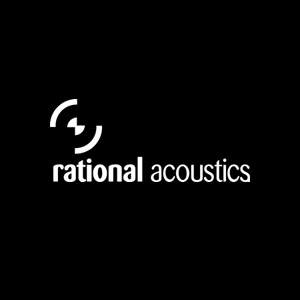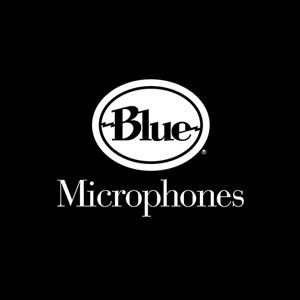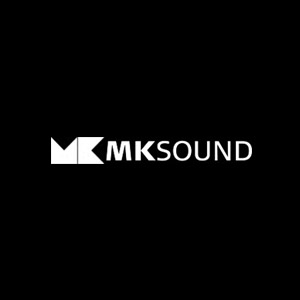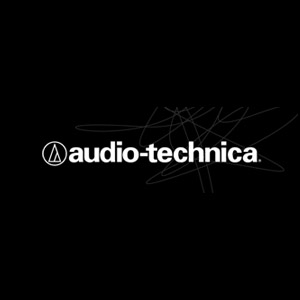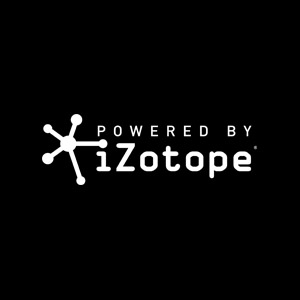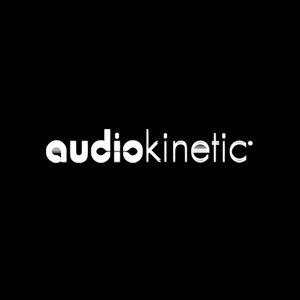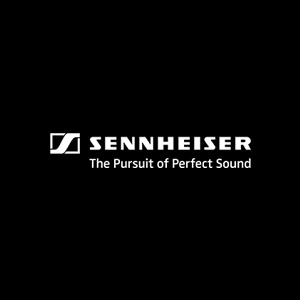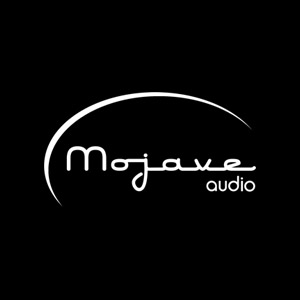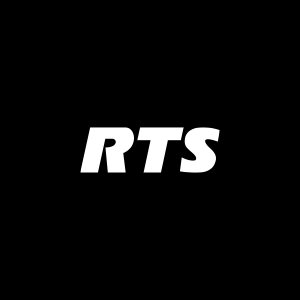The Conservatory of Recording Arts & Sciences, the premier institution for audio engineering education, is proud to announce that it has recently partnered with The Chandler Academy of Performing Arts and Technology (CAPAT) to participate in the Summer 2018 Music and Technology Camp June 18-21. The 2018 camp is located at one of CUSD’s newest campuses, Camille Casteel High School in Queen Creek, Ariz. for students in grades 6-12.
“This year, CAPAT students enjoyed hands-on experiences, presentations, and workshops with our two new partners…The Conservatory of Recording Arts and Sciences (CRAS) and the Phoenix Youth Symphony (PYS),” said Curt Landon, co-coordinator for the Chandler Academy of Performing Arts. “We are excited to partner with these amazing organizations to integrate fantastic youth musicians and professional audio production artists to work with our students on some awesome new projects.”
Added Paula Jones, co-coordinator for Chandler Academy of Performing Arts, “CRAS graciously offered our students an invaluable opportunity to work with some of the best award-winning professionals in the recording and sound industries. Not only is CRAS currently providing outstanding industry leaders, by helping students they are also investing in the future. Thank you CRAS!”
The CAPA Summer Music and Technology Camp is for any student who has played a band or orchestra instrument for a minimum of one year. Students should be registered for grades 6-12 for the next school year. Sponsored by the Chandler Unified School District and the CUSD Community Education Department, the CAPA program focuses on two large performing groups and integrating media and technology. Band and orchestra students work for a total of eight days improving their musical performance skills as they explore the world of music technology through innovative multimedia production.
“We were able to bring our 42-ft. remote-production mobile broadcast trailer in order to expose the students to live broadcast and a profession in pro audio,” explained J.R. Hamm, CRAS Admissions/HS Specialist. “We recorded their final concert as well. It was not only a great experience for the students, but for us, as well. Educating the next generation of audio engineers is what we do, and to show high schoolers what’s available after they graduate and to be given a head start is invaluable to them.”
CRAS is composed of two nearby campuses in Gilbert and Tempe, Ariz. A CRAS education includes broadcast audio, live sound, film and TV audio, music, and video game audio, all taught by award-winning instructors who have all excelled in their individual fields, including sound reinforcement, audio recording and production, digital recording, troubleshooting/maintenance, and music business.
During the recent camp, CRAS personnel and students also participated in demonstrations, workshops, and experiences in the areas of music engineering and production, including a focus on music recording technology, audio editing, live sound engineering, and broadcast audio. It was the perfect opportunity for CAPAT students to learn alongside CRAS to enhance these sessions and provide the students with a much deeper experience that goes far beyond CAPAT capabilities.
CAPAT is a very successful summer music and arts camp students in the East Valley have enjoyed for years. In the summer of 2016, CAPA added a “T” for technology and the focus is on band and orchestra. CAPAT provides opportunities for band and orchestra students to explore a variety of avenues to improve their musical and personal growth. Highly qualified instructors guide students through core ensemble performance experiences and innovative electives focused on technology integration and creative media production. The academy environment is challenging and innovative with a strong focus in multimedia production, music industry exploration, and instrumental musicianship and performance.
“We are proud that we are the only local music camp that integrates responsible media production and music technology,” added Jones. “Students learn about copyright, story-boarding, shooting video and stills, editing, and audio capture and production. In addition, students learn about how technology can enhance their practicing and performance as well as knowledge of music theory and composition.”
On a local level, the CRAS presence at high schools in the greater Phoenix area has been received positively. “Educators are seeing first hand that there is an immense opportunity for their students that have a passion for the arts,” said Kirt Hamm, CRAS administrator. “To that end, CAPAT is a terrific program for high schoolers and we are proud to be a part of it.”
CRAS structured programs and highly qualified teaching staff provide a professional and supportive atmosphere, which is complemented by its small class sizes allowing for individual instruction and assistance for students in engineering audio recordings. CRAS has been providing quality vocational training in audio recording for more than three decades. The curriculum and equipment are constantly being updated to keep pace with the rapid advancements in the music and sound recording industries. CRAS’ course offerings and subject matter have always centered around the skills and knowledge necessary for students’ success in the audio recording industries.
CRAS’ 11-month program is designed to allow every student access to learn and train in all of the Conservatory’s studios which are comprised with state-of-the-art audio recording and mixing gear, the same equipment used in today’s finest studios and remote broadcast facilities, including Pro Tools 12, API Legacy consoles, SSL AWS consoles, Studer Vista consoles, and much more. All students must complete a 280-hour industry internship to graduate from the Master Recording Program II that may ultimately lead to industry employment.
For more information on CAPAT, please visit capat.weebly.com.


